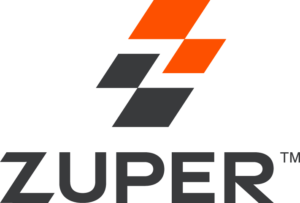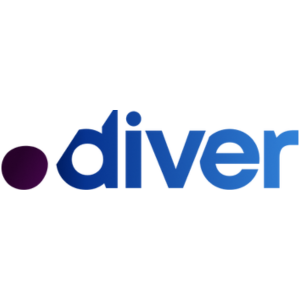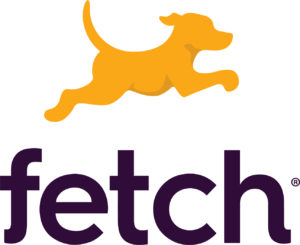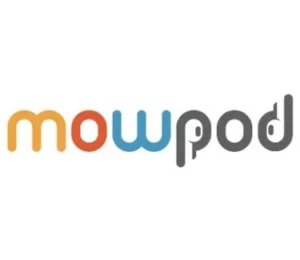Deployment of knowledge layers
- Part 1 Deployment of knowledge layers
- Part 2How knowledge friction impacts commerce
Show Notes
-
02:38The knowledge fabric explainedOrganizations often have valuable information scattered across different systems. A knowledge fabric brings this information together into a central, searchable platform, allowing users to ask questions and receive answers via chatbots, videos, or digital humans.
-
07:34Steps in deploying a knowledge fabricThe first step in deploying a knowledge fabric is identifying its use case. Then, the fabric ingests, understands, and self-organizes around concepts and facts. Finally, the fabric undergoes testing to ensure it delivers accurate answers, then users can interact with it.
-
12:18Knowledge fabric vs. traditional content management systemsUnlike a CMS, knowledge fabrics can identify knowledge gaps. It uses the content provided by clients to generate accurate responses, and signals experts when it encounters questions it can't answer, leading to continuous improvement and near real-time updates.
-
16:16The knowledge fabric and personalizationA knowledge fabric allows marketers to understand what customers want based on the words they use, rather than guessing through data. This helps marketers deliver precisely what consumers need, the way they ask for it, vs. the layers of digital transformation out there.
Quotes
-
"The vitality of a knowledge fabric surpasses that of a CMS. In a knowledge fabric, I know what users are seeking, allowing for real-time responses with intelligence repurposing." - Chris Mahl
-
"The difference between a knowledge fabric and all the transformative digital technologies today is that we're allowing your content to be self-organizing around the words of the buyer, prospect, or candidate." - Chris Mahl
-
"Imagine you can go into an immersive digital conversation with a brand and have that brand surface the things you're looking for back to you, or guide you to that. That is the nature of knowledge fabric." - Chris Mahl
- Part 1 Deployment of knowledge layers
- Part 2How knowledge friction impacts commerce
Up Next:
-
Part 1Deployment of knowledge layers
Chris Mahl, President and COO at Pyron, delves into navigating knowledge layers and overcoming friction in commerce. The digital transformation technologies we currently use still leave us relying on guesswork to reach consumers. Unlike them, the knowledge fabric facilitates natural language interactions between customers and brands, allowing your content to self-organize around the buyers' and prospects’ words, and enabling real-time personalization. Today, Chris discusses the deployment of knowledge layers.
-
Part 2How knowledge friction impacts commerce
Chris Mahl, President and COO at Pryon, delves into navigating knowledge layers and overcoming friction in commerce. Traditionally, marketing has focused on predicting the customer journey and crafting experiences accordingly. However, this approach often creates knowledge friction, where customers struggle to find the information they need, resulting in high drop-off rates and low conversion rates. Today, Chris discusses how knowledge friction impacts commerce.
Play Podcast











